
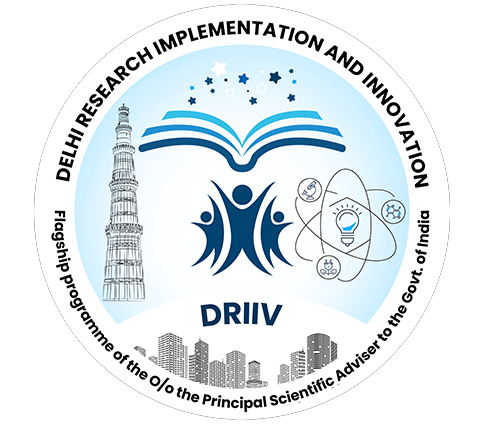



In the Waste to Wealth theme, we envisage the demonstration of self-sustainable integrated waste to wealth technologies in line with Government of India initiatives like Unnat Bharat, AtmaNirbhar Bharat, and Swachh Bharat. One immediate societal impact would be in the form of a clean and sustainable environment for almost 58 million people of the Delhi NCR.
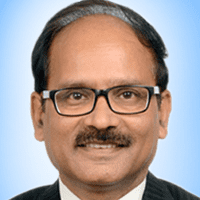
With a rapidly increasing population density and sprawl, NCR-Delhi having a population of 17 million and area of 1483 sq.km. is looking at an increasingly uncertain water future. A host of problems threaten water security of the region including quality and availability issues, inadequate handling of sewage in drains, frequent flooding, pesticide and metal in the aquatic ecosystem. This vertical aims to deliver a comprehensive array of technologies, best practices, and training materials that will be of use to both government machinery as well as public.
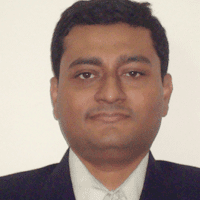
Air pollution is the largest environmental health risk factor in India. In 2019, 1.67 million deaths were attributed to air pollution. Lost output from morbidity and mortality due to air pollution caused an estimated 1.36% loss in GDP, with Delhi suffering the highest per-capita economic loss. In this theme led by CERCA, IIT Delhi, 12 research organisations and think-tanks across the national capital region joined hand to find out solutions to the air pollution problem in this region by identifying and resolving the hurdles in implementing clean air action plan.
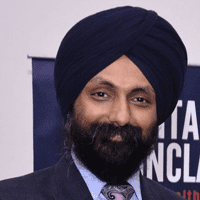
The theme Artificial Intelligence/Machine Learning in Healthcare will bring together expertise in medicine, genomics, and artificial intelligence to create healthcare solutions. A key focus will be to create a preventive, predictive, and responsive backbone for India's healthcare challenges through cutting edge technology, research and skilling solutions.
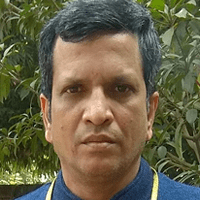
The sub-theme on Green Mobility is focused to bring together academia, industry, policy planning bodies and government departments together to promote and adopt the EVs for public transportation purpose. The prime objective is to look into various issues pertaining to the charging infrastructure, Battery swapping stations and the grid issues from the distribution utility prospective.
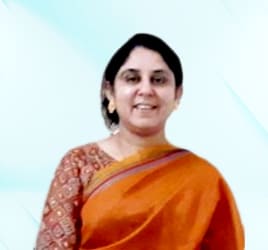
The theme Effective Education would involve students in research and innovation in both industry and academia to improve their conceptual understanding and develop analytical and critical thinking abilities. More importantly, students would actually work on those problems that need science-based solutions, which would enable them to understand how to apply knowledge to solve real life problems.